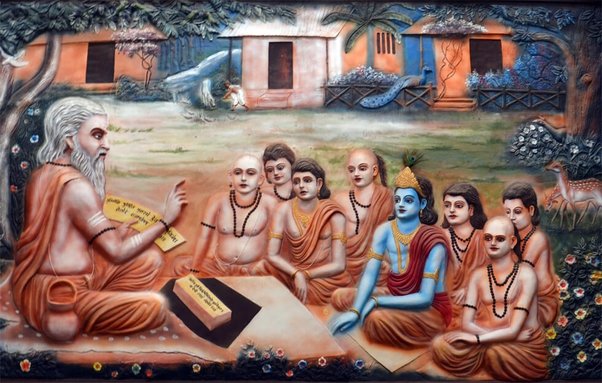Karma is a central concept in Hinduism, Buddhism, Jainism, and Sikhism, and refers to the law of cause and effect. It is based on the belief that every action, thought, and intention has consequences that determine the future experiences of an individual. The consequences of actions are not limited to this life but can extend to future lives, according to the doctrine of reincarnation.
In Hinduism, karma is believed to be a fundamental aspect of the individual’s journey towards self-realization and liberation from the cycle of birth and death. The law of karma is believed to govern every aspect of human life, including health, wealth, and relationships. Good actions lead to positive consequences and bad actions lead to negative consequences.
The concept of karma is often associated with the idea of dharma, which refers to one’s duty and the moral law that governs the universe. According to Hindu philosophy, performing one’s dharma in a selfless and virtuous manner is essential for accruing good karma.
The doctrine of karma is believed to have originated in ancient India and is discussed in various Hindu scriptures, such as the Bhagavad Gita, the Upanishads, and the Puranas. It is also a key concept in Buddhist and Jain philosophy.



